When "gay" and "Muslim" are used in the same sentence--especially in reference to the Middle East--chances are nothing good is being said. The stories that reach our ears here in the West are ones of horror: of gay men being thrown from buildings, stoned to death, hunted down and tortured. While violent hatred of LGBT people is embraced by groups of Orthodox Jews (an Orthodox man stabbed six people at Jerusalem's Pride parade this summer, killing a teenage girl) and more conservative sects of Christianity (American Pastor Scott Lively is recognized as the orchestrator of Uganda's failed "Kill The Gays" bill), the unfettered cruelty of a section of the international Islamic community has meant that their faith, in particular, has been painted as fundamentally incompatible with tolerance towards homosexuality. There are many, however, who rightly contest such a reductive view.
Hasan Namir was born in Iraq in 1987, and lived there until his family moved to Canada when he was 11 years old. Iraqi society, like that of most Muslim countries, is very conservative, and Namir says that the move was prompted in large part by rumors that started circulating about his sexuality, even at such a young age. Eventually, after years of inner turmoil and with the help of his current partner, Namir was able to accept himself, to reconcile his religion and his sexuality, but it wasn't an easy or straightforward process. It did, however, fundamentally feed into his debut novel, God In Pink, set in post-US Invasion Iraq.
While a slim book, and a relatively quick read, God In Pink is richly saturated with acute and provocative insight. The narrative is split between Ramy, a gay university student, and Ammar, a local religious leader. As Ramy navigates a number of romances against the frightening backdrop of the rising power and violence of Islamist groups, he seeks out Ammar's guidance and support. As Ammar struggles with the decision of whether or not to help someone who admits to being gay, he is visited by the angel Gabriel. Gabriel, who is a recurring character throughout the novel, could have potentially derailed the gravity of issues being covered, but Namir deftly uses the angel to counter human interpretations of divine will, to highlight the ambiguities scripture. It's a breathtaking piece of work, probing and, at times, unexpectedly sexy.
Namir spoke with Out about the novel and its significance, gay life in the Middle East, and why he believes this is a topic the world needs to be talking about.
Out: Where did the concept for God In Pink come from?
Hasan Namir: It came from being gay and Muslim. Originally, I thought of it as a love story between an American and an Iraqi, kind of like a Romeo and Juliet story. But then, over time, with what was going on in Iraq, after the war, I thought it would actually be more powerful if I just set the novel in Iraq. I wanted to have the perspective of a gay man and the perspective of a religious man, and through that show the way that Muslim society--Iraqi society specifically--treats gay people.
So I started playing with the idea of religion. I read the Quran, I wanted to include that in the book as well. I wanted to explore almost four ideas: the two characters, the angel Gabriel, and the Quran, so it became like all four elements were working together to show this conflict and to create this tension. I think it reflects a bit of my own life, because I had this conflict of religion--conflict of culture--and my sexuality. There's what God says and what people say God says, and there's no real right or wrong. It's what you believe, and what you take from that religion, so I really wanted to highlight that in the novel, to show this nuance between religion and between culture and identity. And that's something that, over the years, meeting gay Muslims, I learned myself.
Related | Focus on Queer Middle East: A Sinner In Mecca
Have you been back to Iraq since moving to Canada?
I've been once. I didn't go to Baghdad. Because of safety, my dad didn't want to take me there, but we went to Kurdistan, which is safer. Five years ago, my whole family went to visit Lebanon, Jordan, Syria, and Iraq, and I started reflecting. Interestingly enough, prior to that trip, I got really religious. I thought if I become religious I could actually change, I could make my parents happy. But then when I went to Jordan, I started seeing things differently, seeing things from the perspective of a gay Arab Muslim, spending a lot of time with gay Arabs there. It was through that that I started realizing who I really was and what I should be doing, that I should really give to these people, give a voice to the voiceless, because in society's eyes these guys are considered others. Actually, in Jordan, I found that gay Arabs were not as mistreated as one would think-- it's one of the only countries in the Muslim world where being gay is not forbidden. There was even a street called Rainbow Street, believe it or not, and that was a place where a lot of gay people went. But still, a lot of these people have to live double lives, because they're gay.
When you were in the Middle East, you had some insight into having to lead a double life, having to sneak around. Did you also speak with people who lived longer in Iraq for the book?
Yeah, I actually met up with a lot of people. Believe it or not, during Saddam's reign, gay people were not as mistreated as they are now. They were actually able to go out, and I've heard stories of transgender women as well. But unfortunately, after the war there's been this rise of Islamists and rise of ISIS and al-Qaeda, and the stone gays, kill them by throwing off bridges and buildings. And it's the same in Syria. Under Assad, before ISIS came into the picture, it was actually pretty moderate for gay people. So I think the novel came at a time when there's definitely a need to start a dialogue. I think we really need to start talking about this issue, and I think it's time that we actually, we don't just overshadow it with denial, that we actually look at the issue and try to start something. I think this is the time for it.
Related | Syrian Refugee Subhi Nahas On Being Persecuted for Being Gay and Speaking at the United Nations
Especially in the West, the news that gets here about gay people in the Middle East is the violence and horrors. Was this book an attempt to counter that narrative?
Yes, absolutely. I think the reason that it's a very one sided discussion is that a lot of the gay Arabs and gay Muslims are afraid to speak out, especially if they live in the Middle East. They're voiceless. They don't have anyone to talk to, and it's a small community with very little power. Even in Jordan, I heard stories of the police raiding gay parties. Gay men and lesbians are not allowed to speak out and express their freedom because they're afraid of the government, they're afraid of the family, of people around them.
Your inclusion of the angel Gabriel was a very effective way of bringing religion and people's interpretation of religion to the fore. Can you talk about your decision to include that dimension?
Part of it--I once had a dream that someone came to me who said he was sent by God, someone who was sent on behalf of God to help gay people. That inspired me, and I'm also partly inspired by Angels in America. It's one of my favorites, and the idea of having this angel character come during the time of AIDS, that really inspired me. In Islam, the angel Gabriel is the one who came down to the prophet Mohammad. So I was inspired by this almost theatrical angel Gabriel sent as a light to people who are homophobic and close minded, as a kind of guide to lead them to a new perception, a new understanding.
It took quite some time to develop the character. I was afraid of making him too comical, or too theatrical, but I wanted the angel Gabriel character to shed some light, to open Ammar's eyes and the readers' eyes to a whole new perception of homosexuality and how Islam and God sees it.
Related | Focus On Queer Middle East: Oriented
Have there been reactions from the Muslim community?
Not yet, but I have had reactions from a couple friends. I'm going to assume that not everyone is going to take it well, but a couple of my friends, who are Muslim, they enjoyed it a lot. They said that it's time something like this came out, so we'll see how people react.
Overall, what are your hopes for this novel?
Hearing stories like this, hearing stories of the silence, the oppressed, placed where gay Arab Muslims are voiceless--I hope that the book gives them a voice, that it starts a dialogue, that people start talking about it and don't just shut it down. This is an issue, that affects people everywhere. There are gay Arab Muslims, gay Muslims, everywhere. It's time that we start talking about that and accepting them in society as beautiful human beings. People should start realizing that religion is a very beautiful thing, and that God loves all human beings.
God In Pink (Arsenal Pulp Press) is available now.
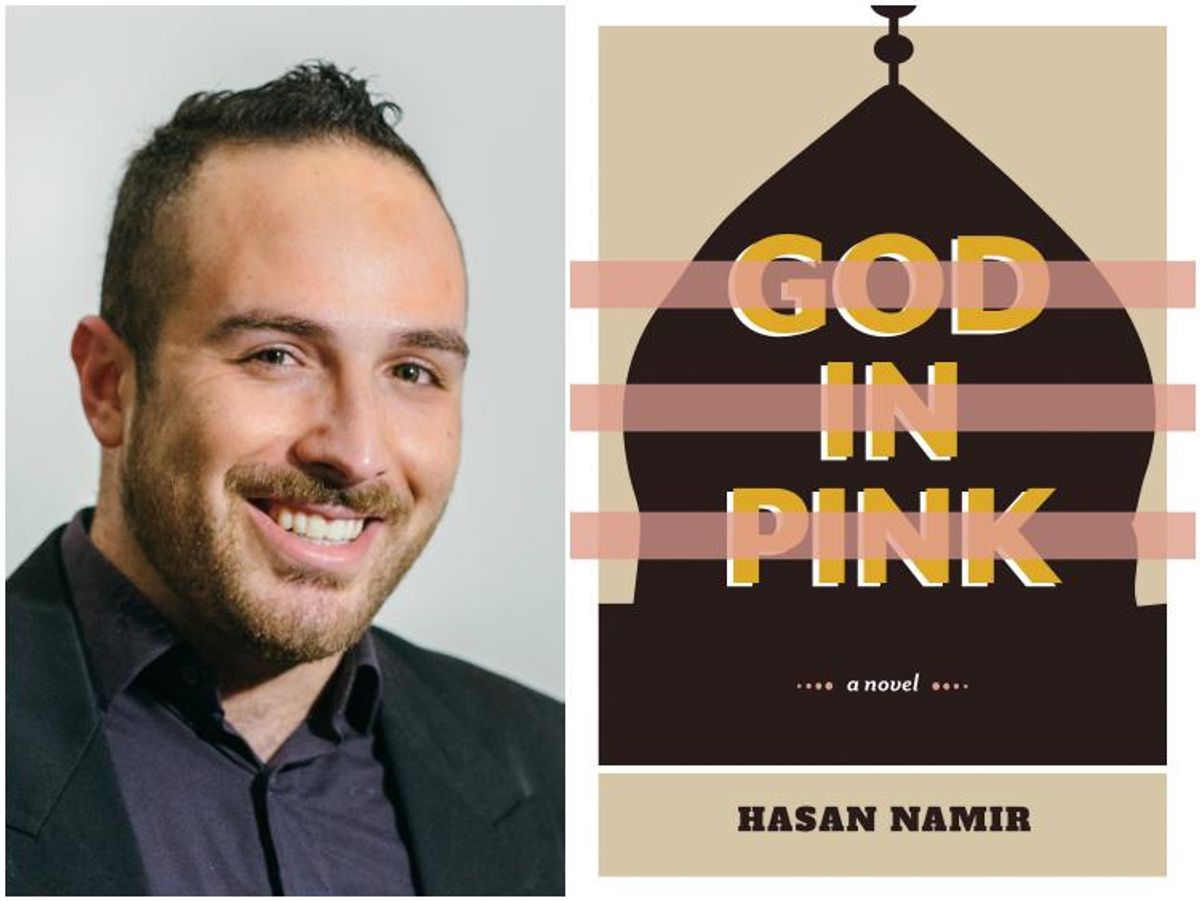


















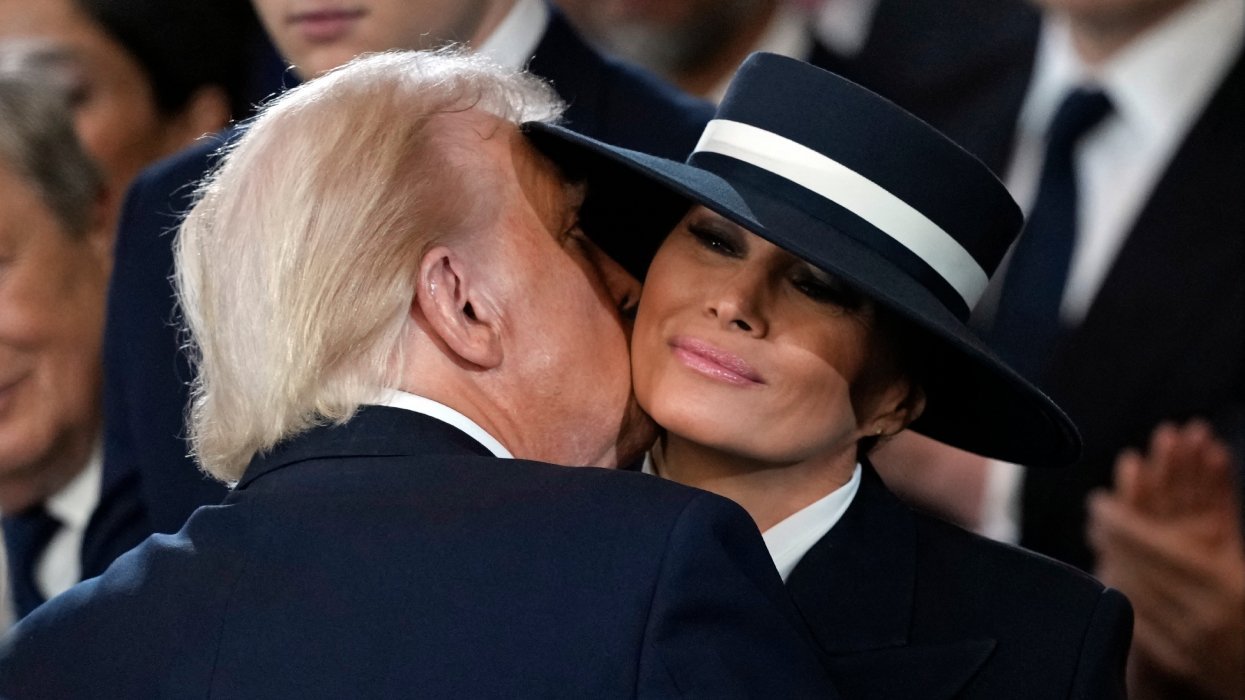


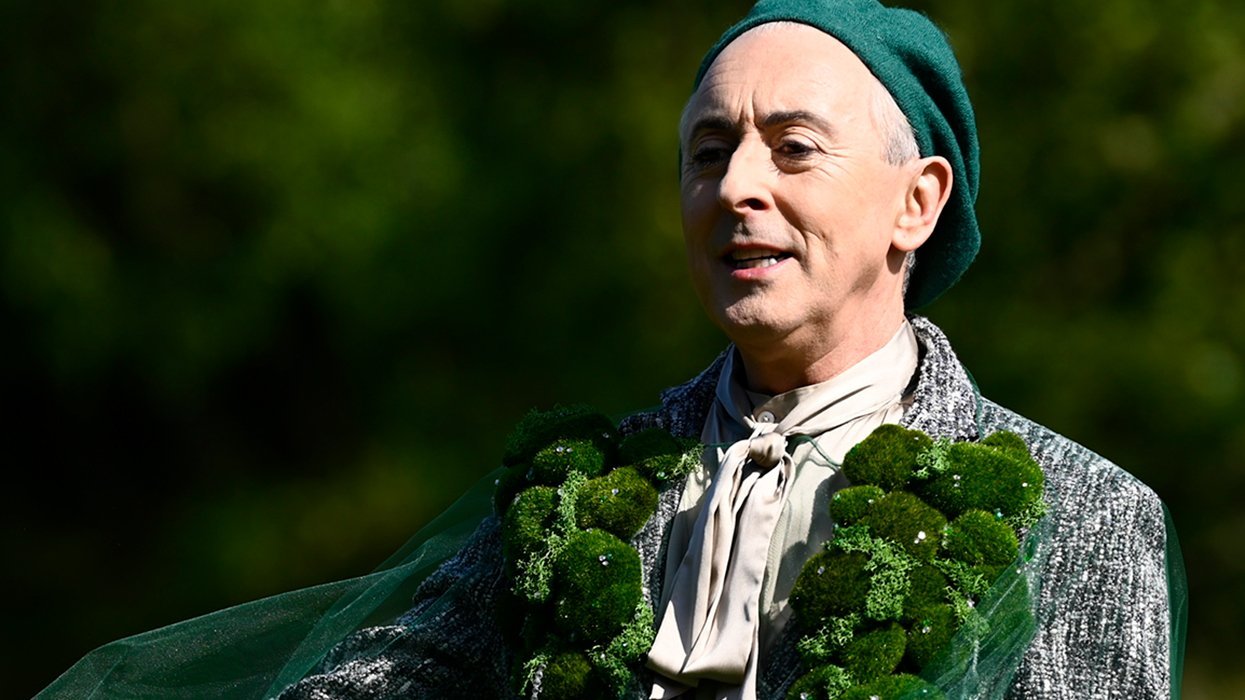
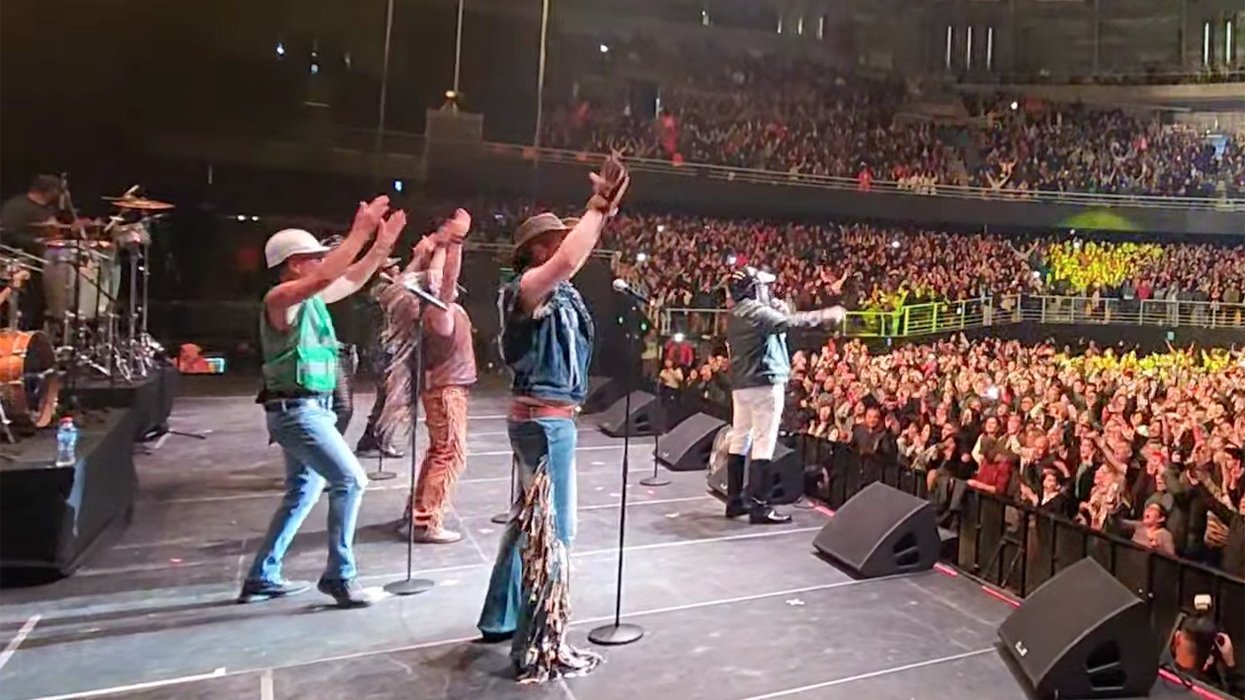

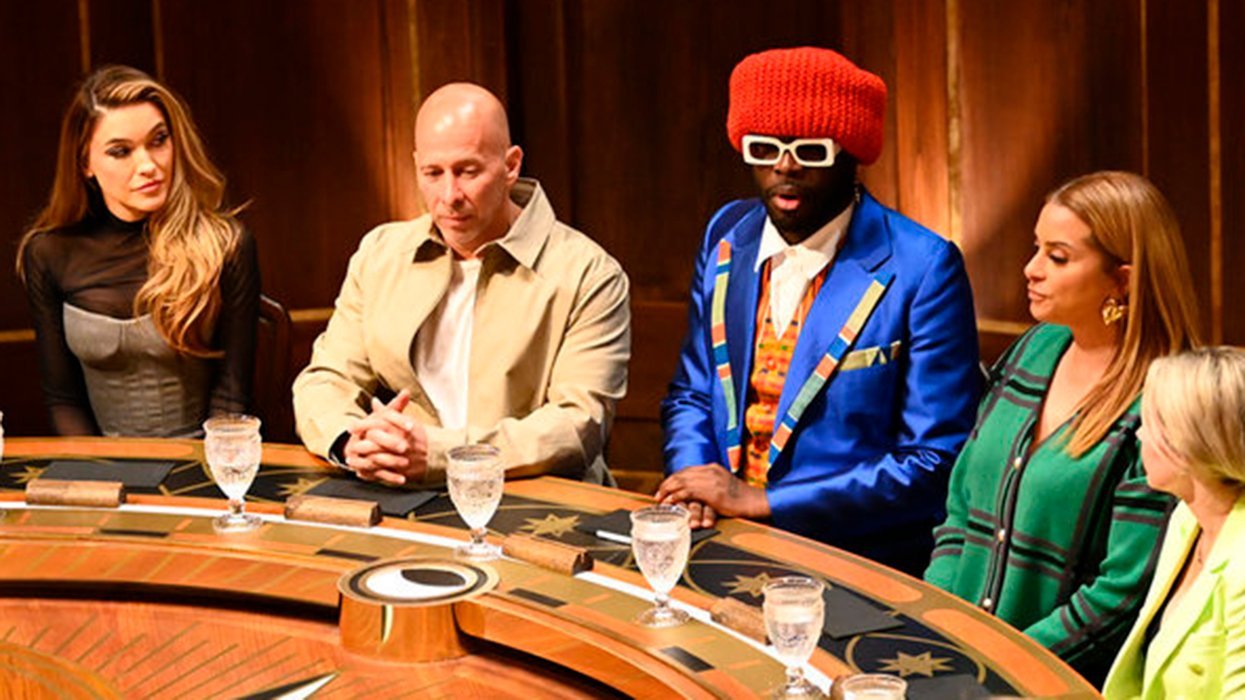

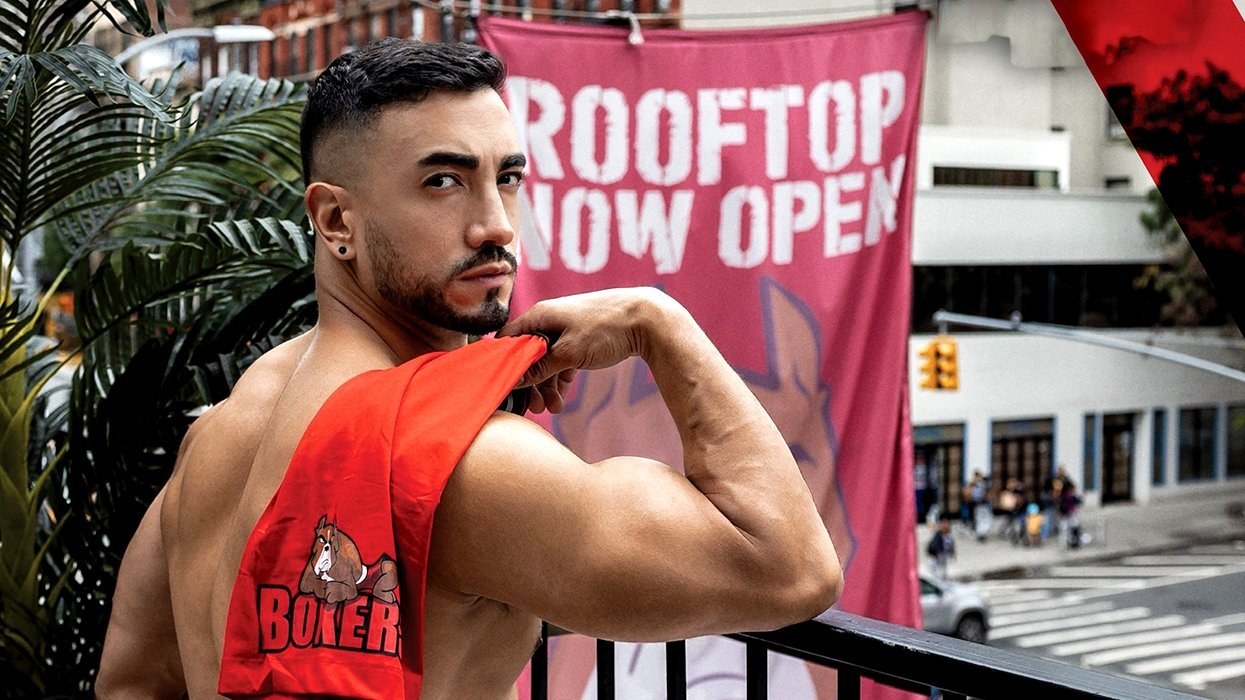
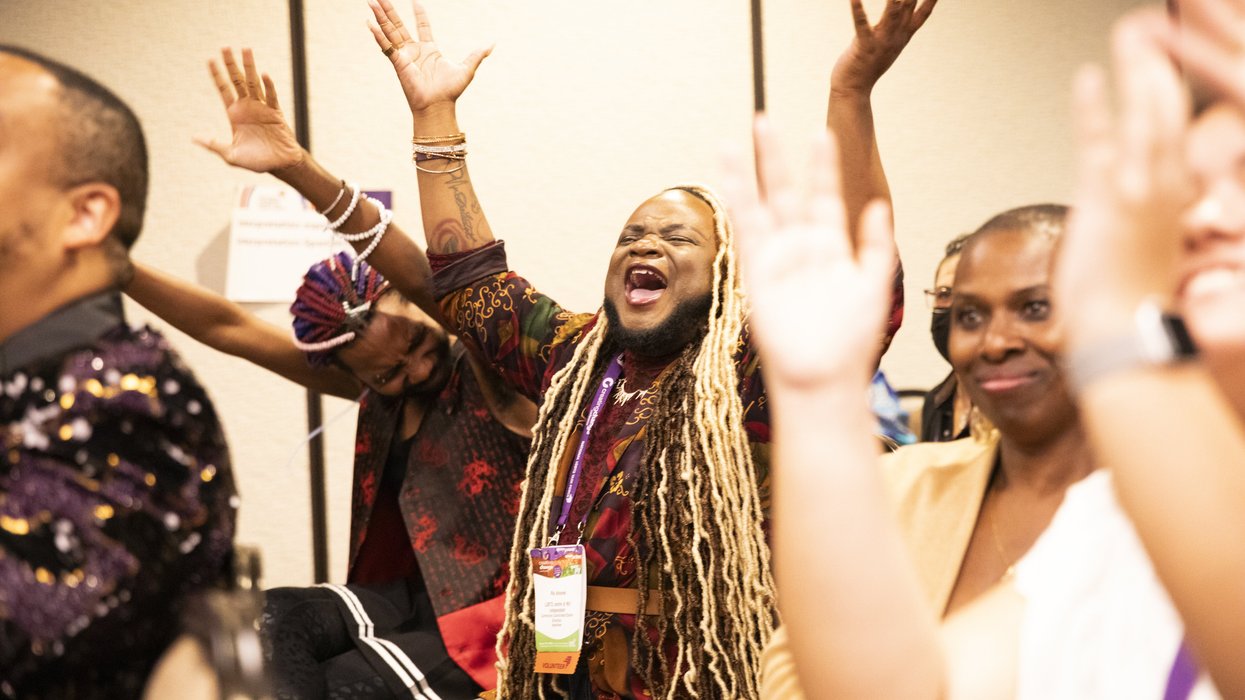
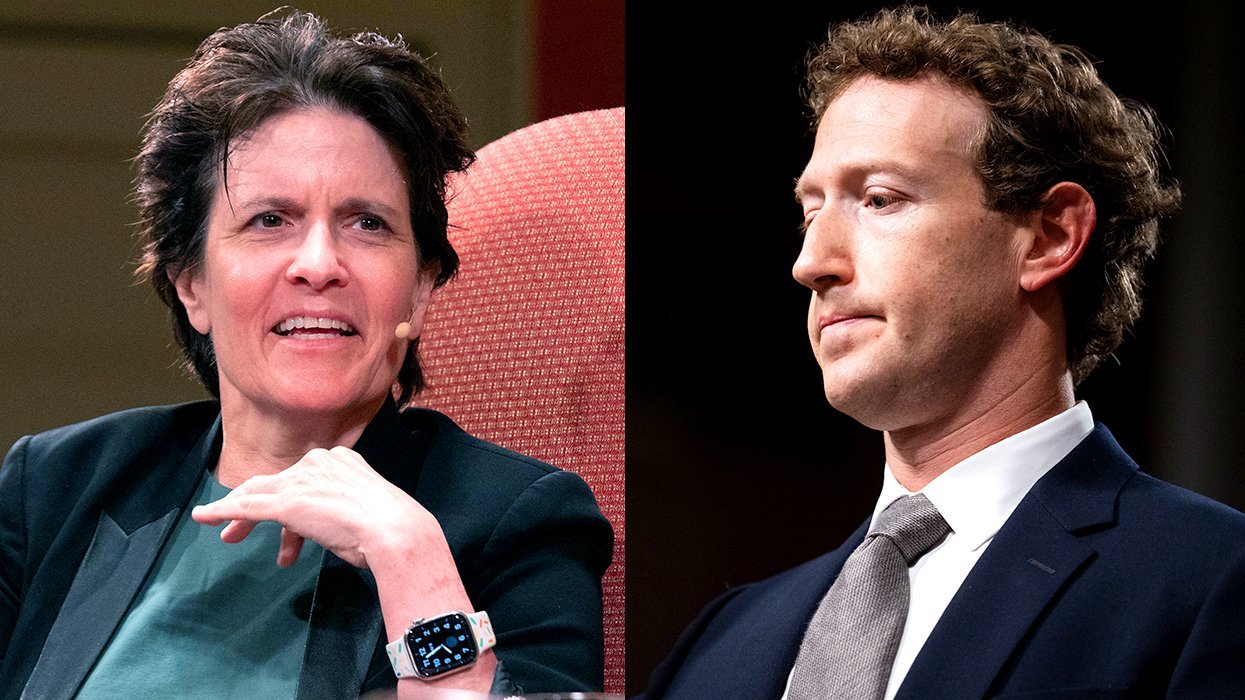
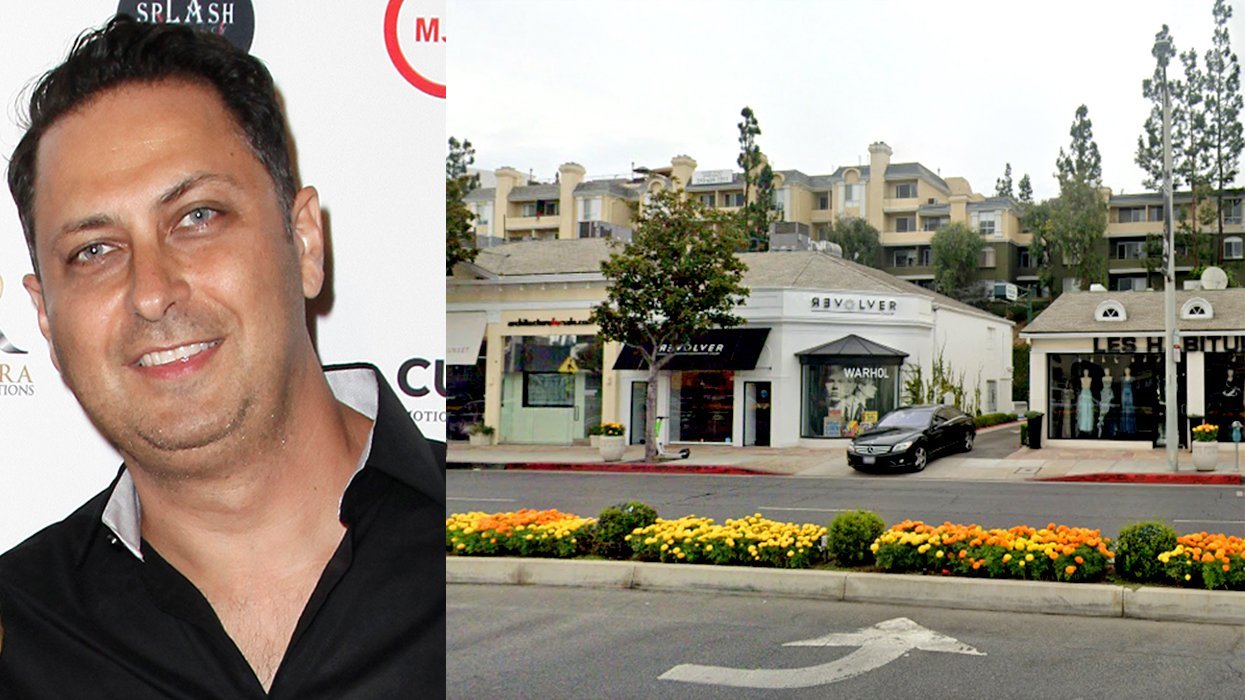
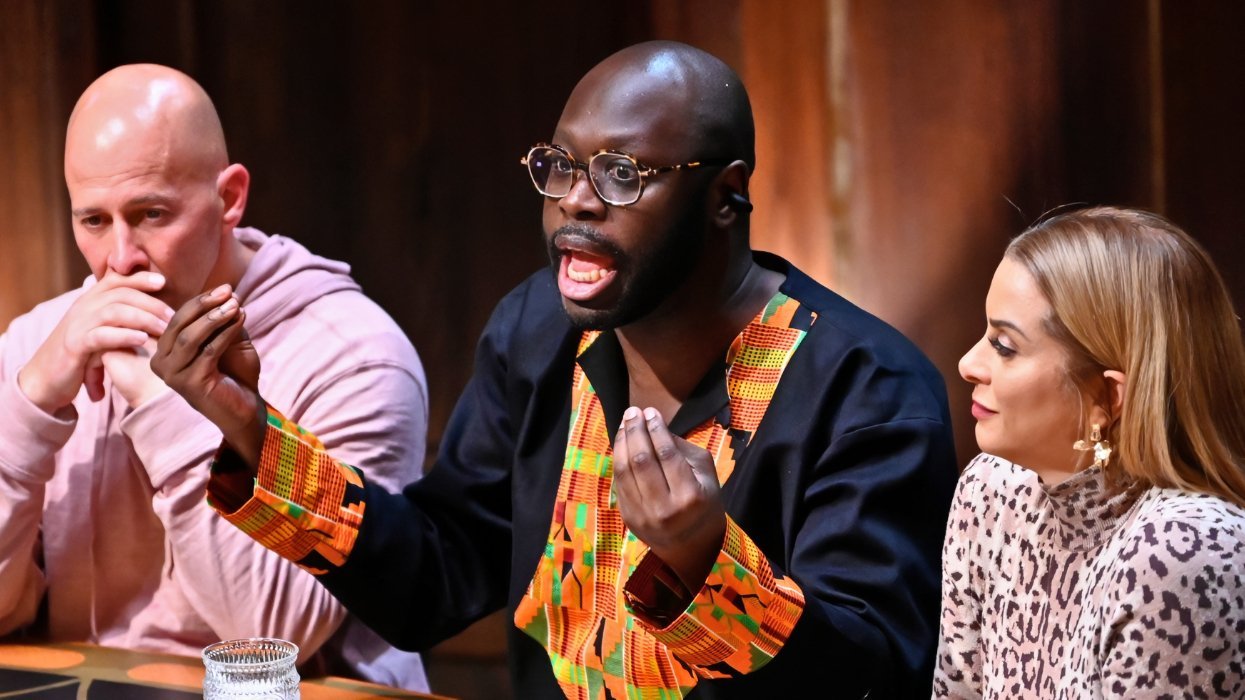
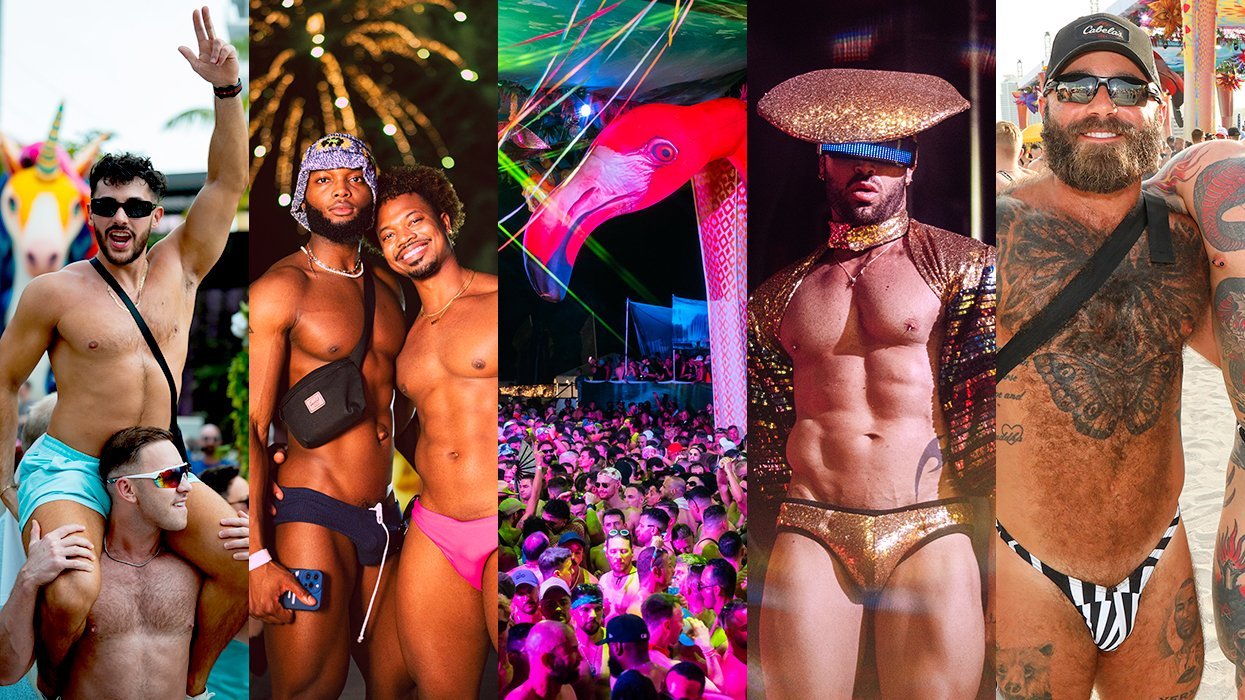



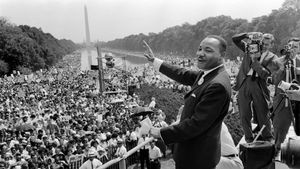














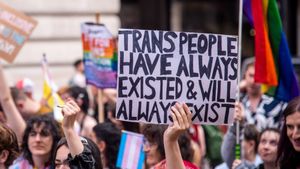






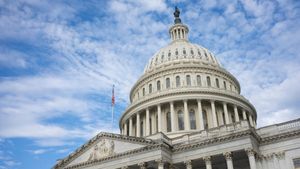

























Beware of the Straightors: 'The Traitors' bros vs. the women and gays